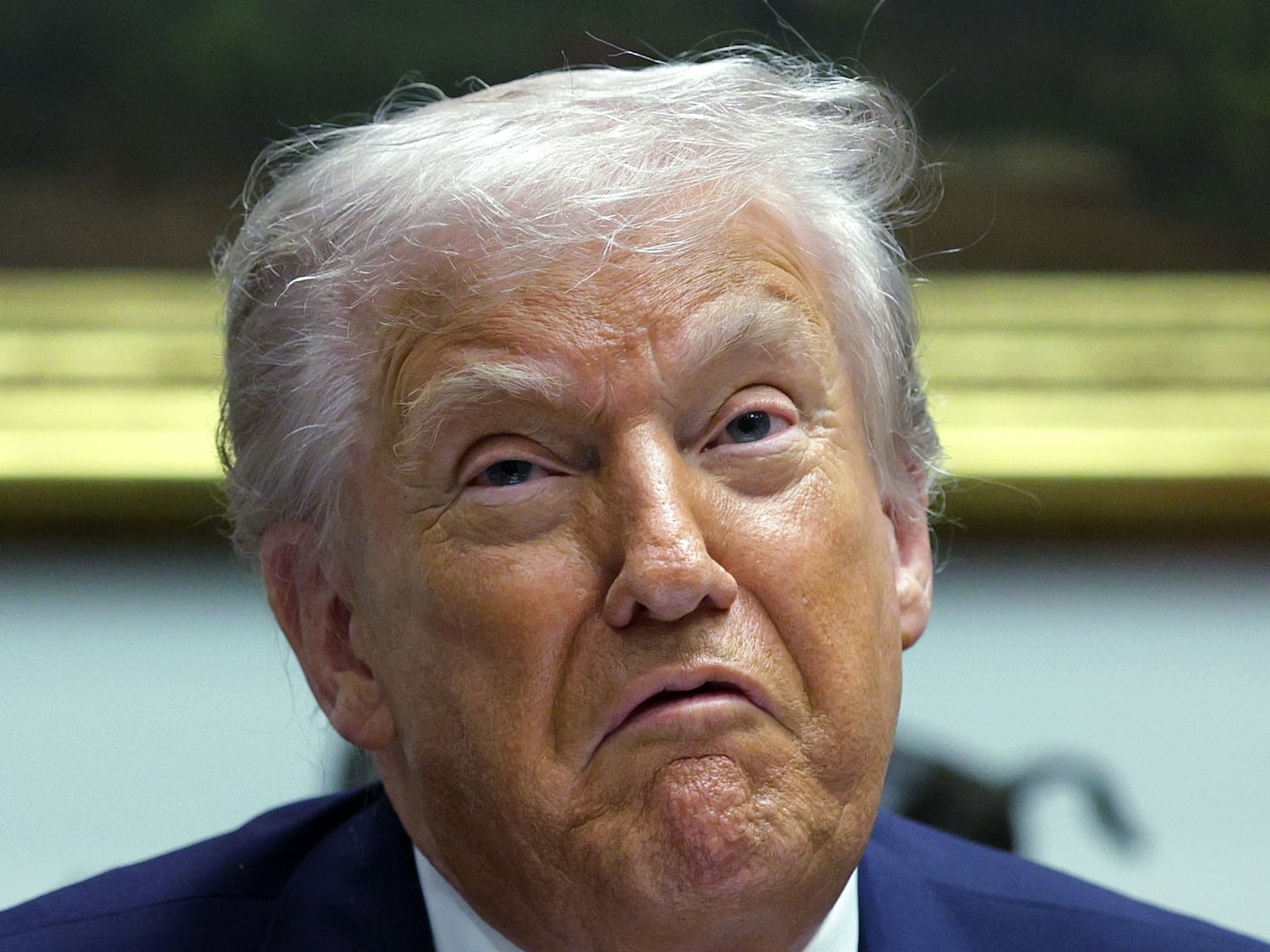It’s not surprising that Stuart Stevens wants fewer presidential debates, since his candidate Mitt Romney got beat up in so many of them.

But his suggestion, in his debut column for The Daily Beast, that the debates be wrenched away from the networks is way off the mark. Maybe he’s suffering from posttraumatic debate syndrome, but these televised extravaganzas actually give the country a good look at how the candidates perform under pressure.
Stevens complains that the likes of MSBNC, CNN, and Fox reduced the face-offs to a “great, cheesy reality show.” And it’s true that the 2012 events got juiced up with a bit of showmanship and music and the occasional gimmick. But by and large, the moderators asked solid and substantive questions of the people who wanted to be president (or at least bask in the spotlight for awhile).
The reason there were so many Republican debates last year—and more than 20 involving Barack Obama and Hillary Clinton in the previous cycle—is that the candidates kept saying yes. And whose fault is that?
The top contenders don’t want to appear to be ducking. And the also-rans need a way to break through. Indeed, without the debates, it’s hard to imagine Newt Gingrich or Herman Cain having been able to rise to the top of the polls, or the underfunded Rick Santorum having been able to hang on as long as he did.
Debates even the playing field, even as they attract their share of unelectable oddballs.
Maybe there are too many debates—even journalistic eyes glaze over from the numbing repetition—but obviously the later primary states want to see the contenders show up. As long as candidates want to talk and channels want to carry, we don’t need some nanny commission intervening.

Stevens argues that future debates should be hosted by universities or goo-goo groups and don’t need high production values, just a generic studio somewhere with no audience. He graciously allows that “print journalists and editorial writers should be involved.” Meaning no TV hacks need apply.
Stevens is wrong about the tone and production values. Last year’s debates did well in the ratings precisely because they were good television, even when the talk about taxes and health care and immigration turned wonky. Someone has to invest the money to pull off these programs, and if they admittedly serve as branding exercises for the networks, well, that’s the free enterprise system that Republicans are always praising.
Even the fall debates, which tend to be more sober, have live audiences (though the moderators could do a better job of controlling the crowds during the primaries). And with all due respect to my print colleagues, professional anchors know how to keep things moving and interrupt filibustering candidates when necessary.
What this is really about is control. Stuart’s a smart guy and decidedly not a press basher, so he isn’t charging that the anchors come at the candidates from a liberal point of view. And that’s fortunate, since Chris Wallace, Bret Baier, and Megyn Kelly mixed it up as well as anyone during the Fox debates.
It’s not the media’s fault that Romney said during one debate that illegal immigrants should “self-deport” or offered to make Rick Perry a $10,000 bet. By the same token, he cleaned President Obama’s clock in the first general-election debate. A strong candidate knows how to hit major-league pitching.
Presidential aspirants, and their handlers, want to control every aspect of their message, from YouTube videos to 30-second ads to convention choreography. Debates are, by their nature, risky and unscripted.
Trying to make them safer and more antiseptic may make life easier for the candidates, but the public would lose something valuable.






